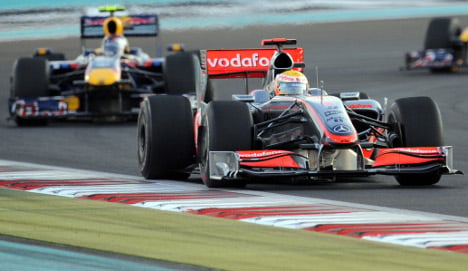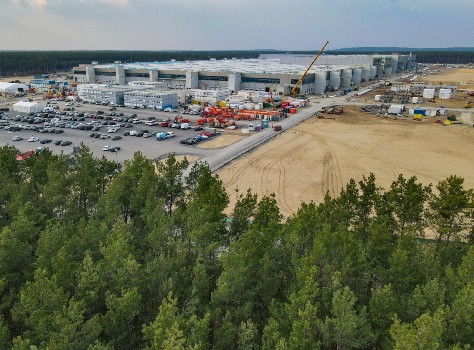The German car giant, which has taken a 75 percent stake in Ross Brawn’s team, will be re-branded Mercedes GP, Dieter Zetsche, chairman of parent company Daimler AG and head of Mercedes-Benz, announced.
Team principal Ross Brawn, who took over the British-based outfit after former owners Honda quit the sport at the end of 2008, will remain in his role.
Brawn it was who masterminded the team’s spectacular rise from the dark days of Honda’s pull-out to both the constructors and drivers’ world titles. However, the future of his drivers is uncertain.
The new outfit are expected to plump for Nico Rosberg as their number one driver – a move that would be popular in Germany – with his countryman Nick Heidfeld his likely partner.
Neither driver has been confirmed although on Sunday Mercedes Sports boss Norbert Haug revealed he was attempting to secure Heidfeld, who has driven for BMW since 2006.
“We are speaking with Nick Heidfeld as well,” Haug said. “Mercedes-Benz supports the idea of signing an experienced and capable German driver. There is however no reason to finalise the driver situation too hastily.”
Newly crowned drivers champion Button, who visited McLaren’s headquarters last Friday, is widely tipped to sign for the British team to drive in an all-English partnership with 2008 champion Lewis Hamilton next year.
As part of Monday’s deal Daimler AG has given up its 40 percent stake in McLaren but Mercedes will continue to supply engines to the team for the next six seasons.
“It’s a win-win situation, both for McLaren and Daimler,” McLaren chairman Ron Dennis commented.
Since clinching the title in Brazil Button has been in protracted contract negotiations with Brawn and reportedly turned down a £4-million offer.
That represents a £1-million rise on his 2009 salary after taking a £5-million cut in pay when Ross Brawn took over from Honda. Button’s 2009 teammate Rubens Barichello this month signed to drive for Williams.
The purchase of the Brackley-based Brawn team was funded by Mercedes’ parent company, Daimler AG, and the Abu Dhabi investment fund Aabar, Daimler’s largest shareholder.
In a statement Ross Brawn said: “Brawn GP has been through an incredible journey over the last 12 months. From fighting for our survival to forging a strong relationship with Mercedes…winning both the constructors and drivers world championships, and now accepting Aaber and Daimler’s offer to buy our team which will secure its future.”
He said that all senior management at the team would remain in their jobs.



 Please whitelist us to continue reading.
Please whitelist us to continue reading.
Member comments